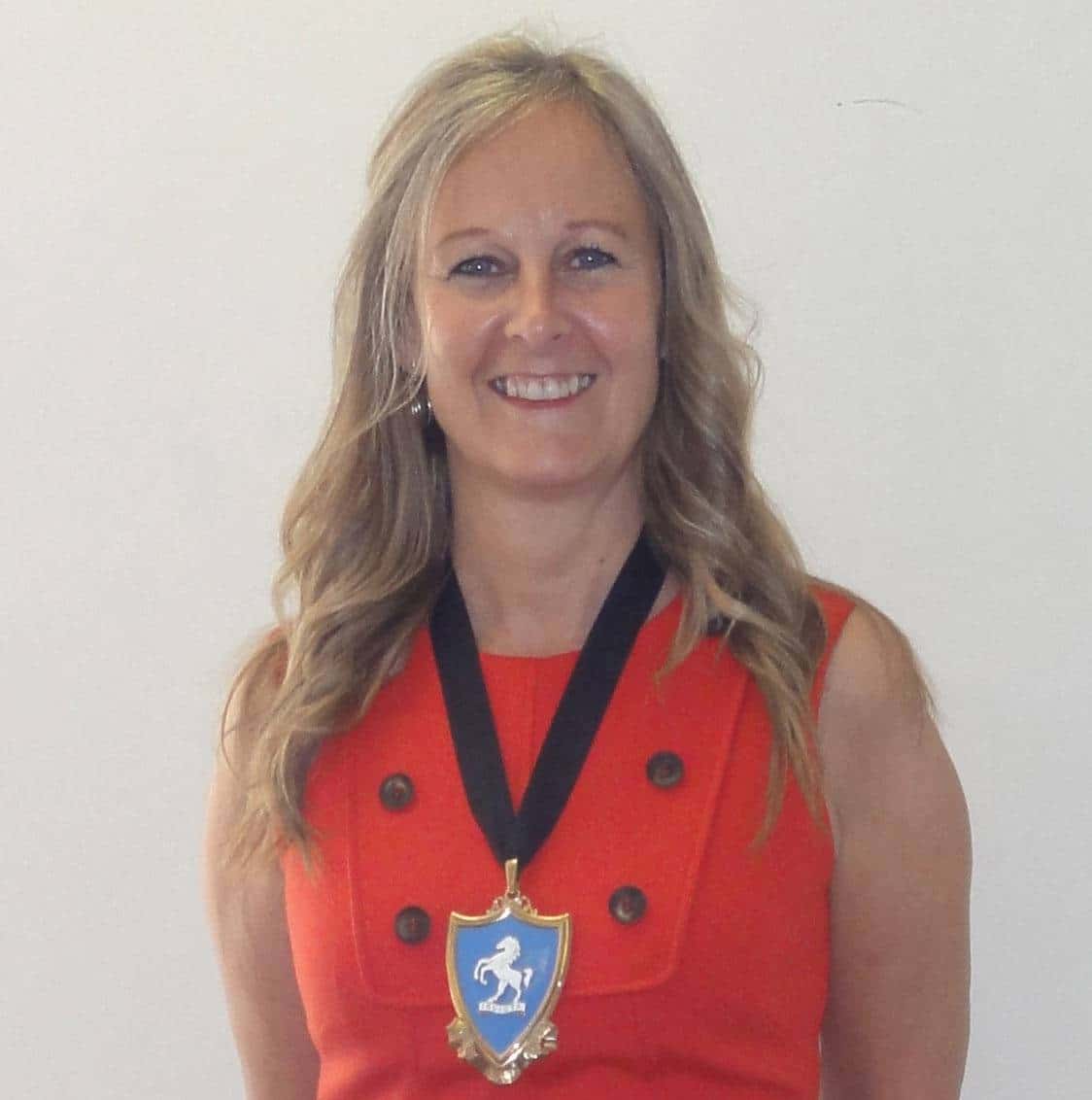What is the Kent Law Society and what function does it serve in the 21st century?
Far from being an anachronistic body or the preserve of a few privileged solicitors, the society has an active role in supporting the wellbeing of hundreds of members and people throughout the county.
It is led by Tunbridge Wells-based solicitor and partner Vanda James – an expert in family law at Cripps LLP – who was elected to the position of President in May.
A separate entity from its England and Wales namesake – which represents all 166,000 solicitors nationwide – the Kent Law Society nonetheless co-operates closely with the national body and, as its name suggests, is local to the profession in the county.
As President, Miss James chairs the General Purposes Committee, a group of approximately 20 members and officers who consult and help shape policy and the agenda for the society through quarterly meetings.
One of the most important priorities for the committee is ensuring that successive generations of lawyers are well equipped to deal with the future challenges which face the profession.
Miss James said: “We have a very active junior lawyers division which we encourage and support both financially and emotionally, and in all other regards.
“By reinvesting members’ subscriptions, we are able to provide the junior lawyers with funding to hold networking events, although we also encourage them to obtain sponsors and develop their own business networks.”
Through its limited company, the society also provides training and professional development for its members – an area which has just lately changed.
“Until recently, it was compulsory to undertake continuing professional development, and every solicitor was required to do a certain amount of hours training each year to ensure that everyone keeps up-to-date with changes to the law in their specific area.”
But, as Miss James also explained, the training which the society provides has been expanded recently, and instead of an exclusive focus on providing courses on changes to the law, there is now a broader emphasis on the teaching of ‘softer skills’.
She added: “As a result, the society offers a variety of courses, which include the importance of the anti-money laundering legislation as we have to be very alert to fraud. When graduating from law school, junior lawyers are academically very sound, but the legal profession requires so much more than knowing about the law. Lawyers have to know how to generate new work and develop business, including understanding about the financial side of a business.”
The society has therefore adapted to include training to meet those needs. And, as with every institution, the society – which was founded in 1818 and has more than 500 members – has been evolving to reflect both changes in the industry and in society in general.
“The profession as a whole is broadening,” she said, adding that in the last few years the rules of membership have changed to take account of this.
“Previously, membership of the society was only available to solicitors, but we changed our rules so that other members of the profession could join.
“The society now includes law students, trainee solicitors, legal executives, paralegals and licensed conveyancers.
“We have had to evolve with what the world looks like and appreciate the different roles people play in the profession.”
Also on the agenda is how to influence changes to the way the industry is governed, as well as how to engage with the wider community.
On the first point, the society will be discussing proposed changes to the profession. In particular, it is engaging with members on how they wish to respond to the Solicitors Regulation Authority’s ‘Looking to the Future’ consultation, before using their collective muscle to try and influence the changes being proposed, which will have huge implications for the profession and the consumer.
Engagement with the community at large is mostly done through charity work and, more recently, hosting meetings with Members of Parliament.
“In the last 18 months we have been very successful in engaging with local MPs, and that is something we believe is very important for our members,” said Miss James.
Miss James has chosen to champion the charities working with guide dogs during her year-long tenure, and has set up a number of initiatives to raise money for the cause – particularly through the Maidstone Mobility Team.
“We have around 120 guide dog owners in the county and I would like to do whatever I can to make a difference for those who have impaired or no sight. I see it as my opportunity to give something back.”
As well as promoting charity work, she is hoping to leave an expanded membership behind as part of her legacy.
“I do believe we are stronger together as a profession, and my hope is to improve engagement and encourage more people to join the society,” she said.








